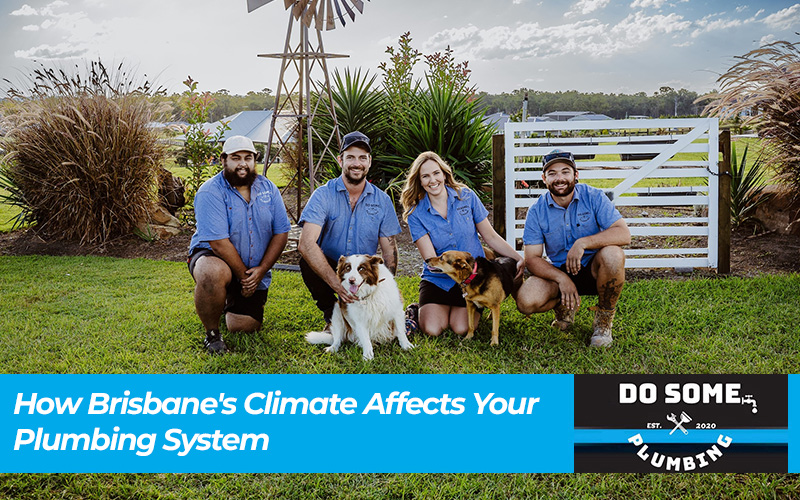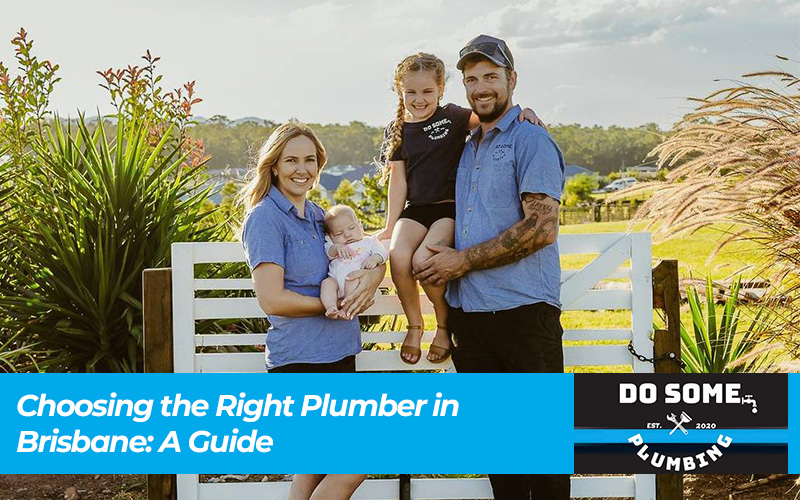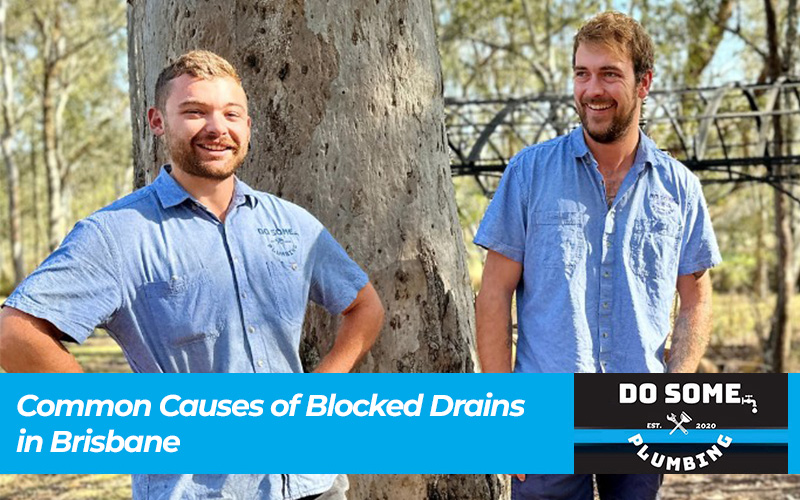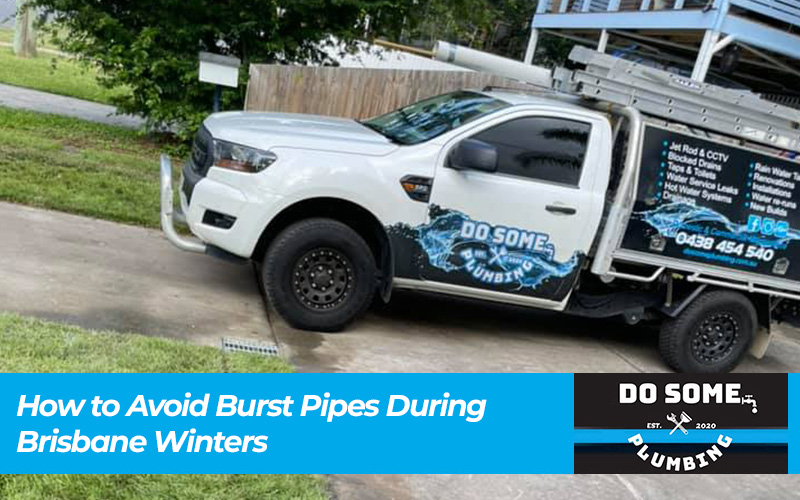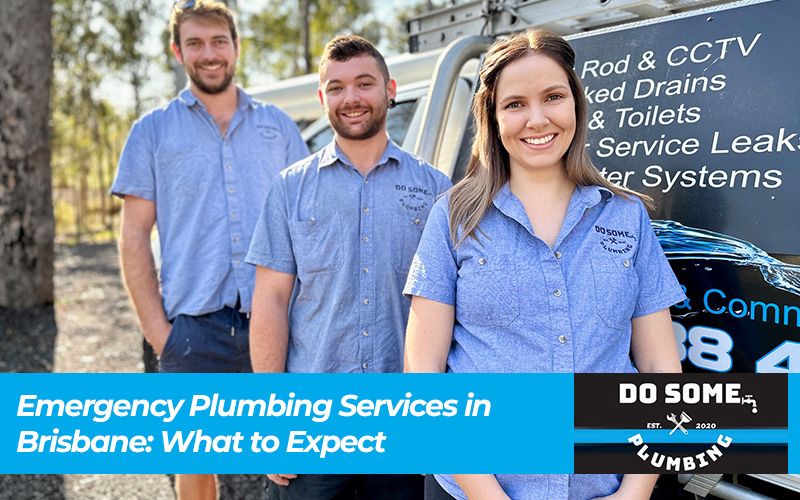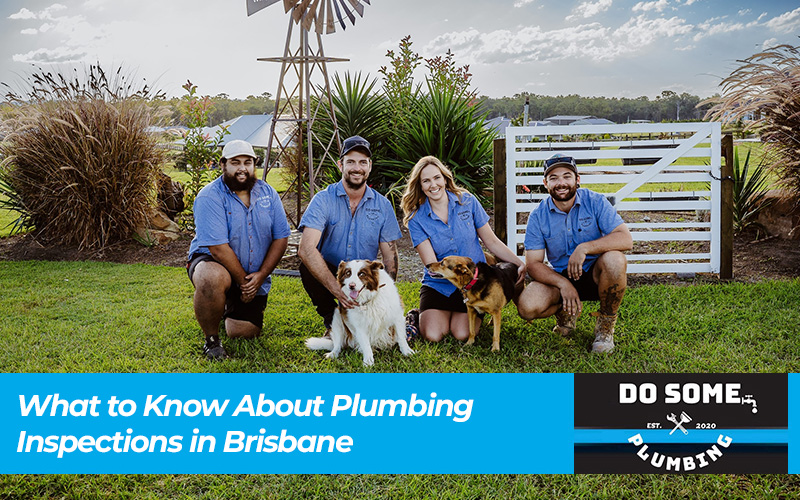
What to Know About Plumbing Inspections in Brisbane
Plumbing inspections are a crucial aspect of maintaining a safe and functional home in Brisbane. Whether you're buying a new property, renovating, or simply ensuring your current plumbing system is in good condition, a thorough inspection can identify potential issues before they become costly problems. Here's what you need to know about plumbing inspections in Brisbane.
When to Schedule a Plumbing Inspection
There are several key times when you should consider scheduling a plumbing inspection:
- Before Purchasing a Home: A pre-purchase plumbing inspection can reveal hidden issues that might not be apparent during a standard home inspection. This includes checking for leaks, pipe integrity, and the condition of water heaters and drainage systems.
- Before Renovating: If you're planning a renovation, especially one involving bathrooms or kitchens, an inspection ensures that your plumbing can handle the upgrades. It can also identify any necessary repairs or replacements before construction begins.
- Regular Maintenance: Even if you’re not buying or renovating, regular plumbing inspections (typically every 1-2 years) can help catch small issues before they escalate, saving you money on future repairs.
What a Plumbing Inspection Covers
A comprehensive plumbing inspection in Brisbane typically includes the following:
- Checking for Leaks: The inspector will check all visible pipes, faucets, and fixtures for signs of leaks, which can lead to water damage and higher utility bills.
- Inspecting Water Pressure: Proper water pressure is essential for a functional plumbing system. The inspection will assess the pressure to ensure it’s within a safe and effective range.
- Assessing Pipe Condition: The condition of your pipes is crucial, especially in older homes. The inspector will look for signs of corrosion, wear, and tear, and may use specialized equipment to inspect the interior of the pipes.
- Water Heater Inspection: The inspection will include checking the water heater for age, efficiency, and any signs of malfunction. This is particularly important as water heaters can cause significant damage if they fail.
- Sewer and Drainage System Evaluation: The inspector will assess the condition of your home’s sewer and drainage systems, looking for blockages, cracks, or other issues that could lead to backups or leaks.
- Checking for Compliance with Local Codes: The inspection ensures that your plumbing system complies with Brisbane’s local building codes and regulations. This is important for legal reasons and for the safety and efficiency of your plumbing.
Benefits of a Plumbing Inspection
- Preventing Costly Repairs: Early detection of plumbing issues can save you from expensive emergency repairs in the future. Small leaks, if left untreated, can lead to major water damage or mold growth.
- Peace of Mind: Knowing that your plumbing system is in good condition gives you peace of mind, especially if you're moving into a new home or planning a renovation.
- Increasing Home Value: A well-maintained plumbing system can increase the value of your home. If you’re planning to sell, a recent plumbing inspection can be a selling point for potential buyers.
How to Choose a Qualified Plumber for the Inspection
When selecting a plumber for your inspection, ensure they are licensed and experienced in conducting comprehensive plumbing assessments. Ask for references or check reviews to confirm their reliability. A local Brisbane plumber will have the expertise needed to address any area-specific plumbing concerns.
A plumbing inspection is an essential step in maintaining your home’s safety, functionality, and value. Whether you're buying, renovating, or simply maintaining your home, a thorough inspection can provide the insights needed to keep your plumbing system in top condition. By choosing a qualified local plumber in Brisbane, you can ensure a thorough and accurate inspection.

